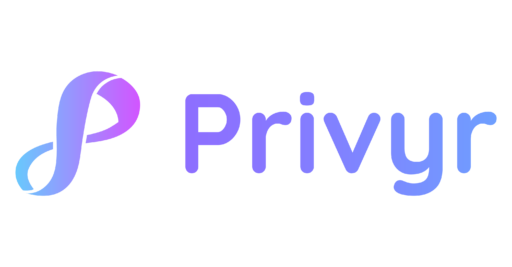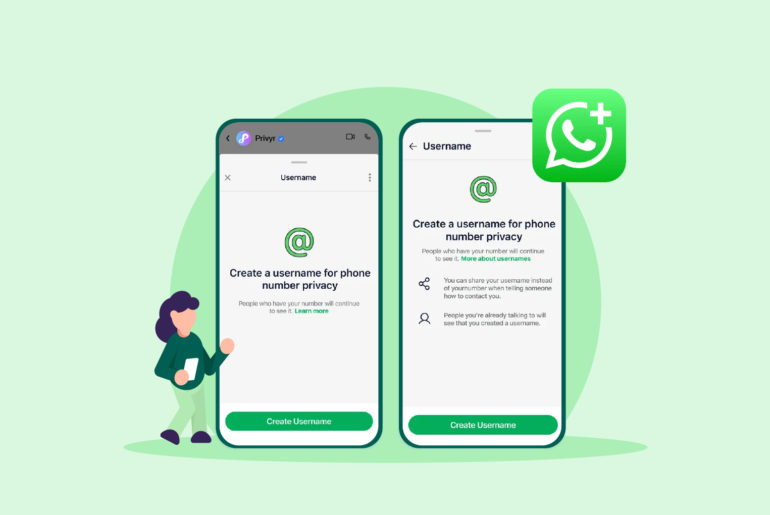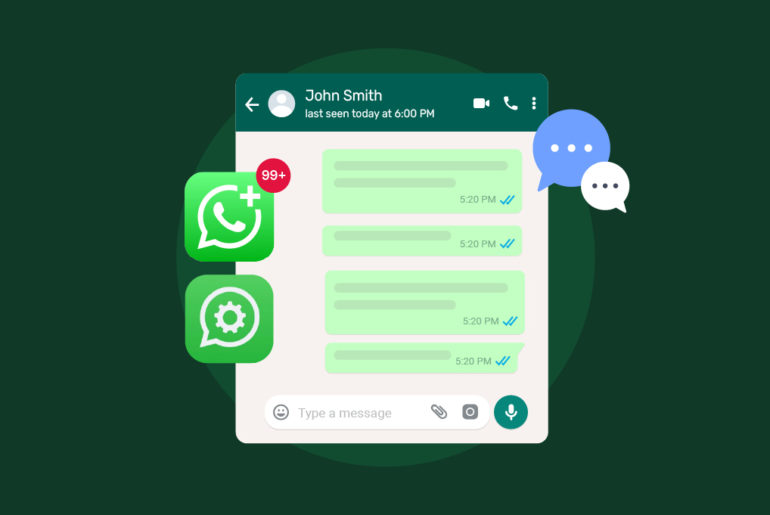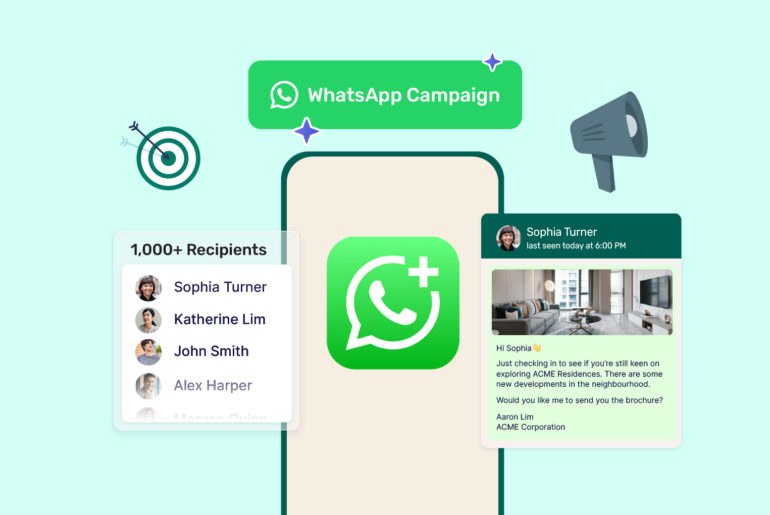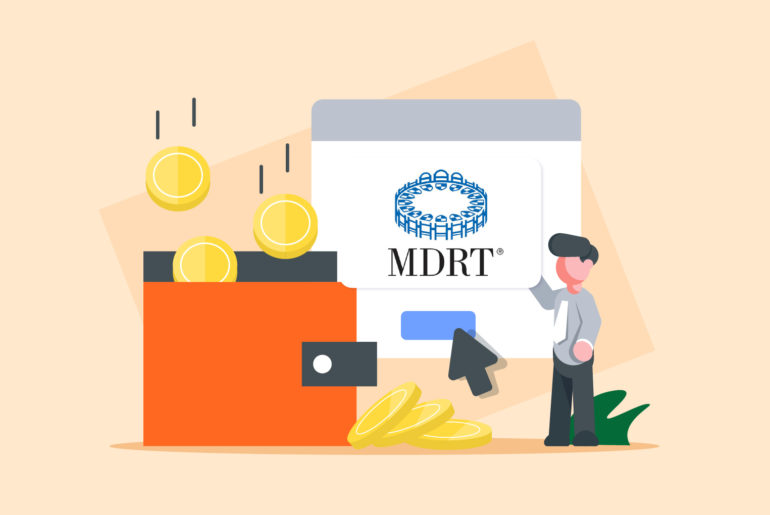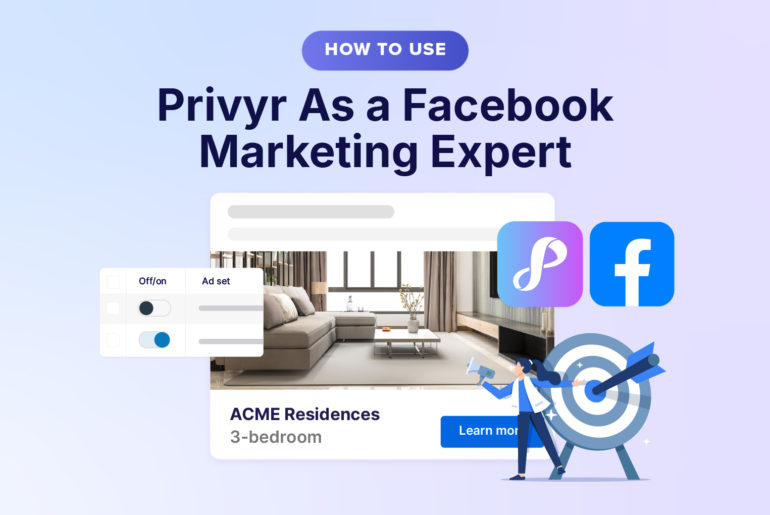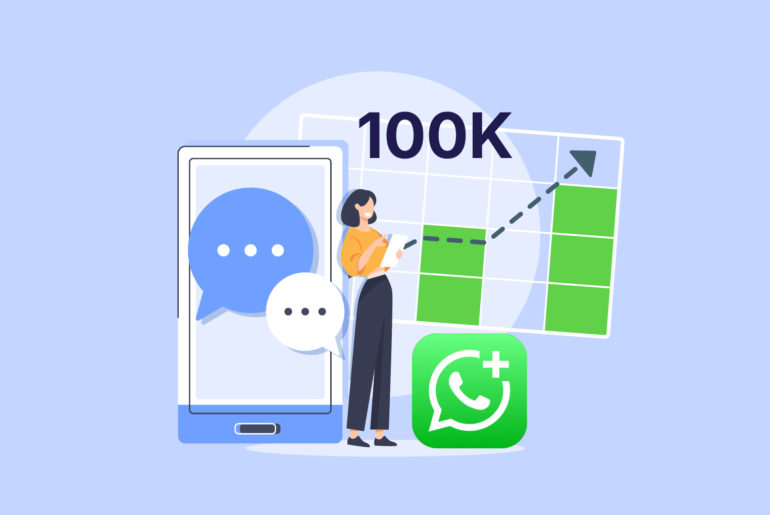There are many ways and tools you can use to improve the effectiveness of your Facebook Ad targeting. And if you have been relying only on Facebook Pixels, now is the time to add Meta Conversions API to your ad tracking toolstack.
Setting up Facebook Conversions API may seem a bit more complex than Facebook Pixels, but it’s actually very easy with new and improved technology. Furthermore, to ensure your Lead Ads keep successfully generating high quality leads, you need to know more than just who clicks on your ads. More importantly, you need to know who actually converted, and send this key piece of information back to Meta. Without that data, even the best-looking ads are just guesswork.
In this post, we’ll compare Meta Conversions API and Meta Pixel so you know how each of these tools complete your targeting game on Facebook. We’ll also cover how you can boost your ad performance by using them together.
What’s the difference between Conversions API and Facebook Pixels?
Facebook Pixel focuses on client-side tracking, primarily through browsers and websites; whereas Conversions API focuses on server-side tracking, which can encompass a broad range of data sources, including offline interactions.
Facebook Pixel has long been Meta’s primary tracking tool to collect user behaviour data. It’s effective for identifying and filtering target audiences, but its scope is limited to tracking user actions on-site. Also, its performance is increasingly restricted by privacy features like ad blockers, cookie consent, and Apple’s privacy updates (iOS 14+ App Tracking Transparency).
Furthermore, Facebook Pixel cannot capture off-site user interactions and conversions, such as when a customer engages with your business via WhatsApp, phone, or email, or when that customer ultimately converts offline. This is where Meta’s Conversions API (CAPI) comes in.
Meta Conversions API complements Facebook Pixel by sending server-side event data directly to Meta, filling gaps left by client-side (browser-based) tracking. It enables businesses to share key conversion events, both online and offline, so Meta’s algorithms have more accurate signals to optimise ad delivery and improve campaign performance.
Prioritising one over the other depends on your specific needs and goals. You may need server-side tracking for better data accuracy, especially if you’re in an industry where transactions mainly take place offline, such as real estate. However, you’ll want to use both Facebook Pixel and Conversions API to fill targeting gaps and produce best results based on comprehensive data.
Here are 10 key differences between Facebook Conversions API and Facebook Pixels you should know:
Data tracking
Facebook Pixel uses client-side tracking with JavaScript code to track and collect user activity data on websites.
Facebook Conversions API, on the other hand, uses server-side tracking to collect event data beyond websites. Server-side tracking tracks custom events and offline events, giving a more complete picture of user behaviour.
How Facebook Pixel and Conversions API track data is different, but Conversions API offers more control over your data privacy and accuracy.
Conversion tracking
Conversion tracking is an essential step in optimising your Facebook Ad campaigns.
Facebook Pixel tracks conversions based on a user’s browser activities. It can effectively track purchase and sign-ups, but can be limited by browser restrictions like ad blockers and cookie restrictions.
Facebook Conversions API on the other hand, tracks conversions using server-side tracking, which can be more accurate in some cases or industries.
While Facebook Conversions API offers more accurate tracking than Facebook Pixel, using both Facebook Pixel and Facebook Conversions API tools together gives you a more comprehensive view of user behaviour.
Event tracking and custom events
Event tracking can play a crucial role in helping you understand user interactions after they’ve initially engaged with your ad. This is crucial data for optimising your advertising campaigns.
Facebook Pixel tracks and registers real-time browser events only, whereas Facebook Conversions API tracks custom events, even those that took place offline, providing detailed insights into user behaviour.
When it comes to event tracking abilities of Facebook Pixels vs Conversions API, the latter offers more flexibility and control as Pixel’s tracking is limited to real-time browser events. With Meta Conversions API, you can track key events and get a better understanding of your customers’ behaviour.
Data transmission and storage
For data transmission, Facebook Pixel relies on browser-based tracking, which can be affected by ad blockers and cookie restrictions, leading to data loss or omission. On the other hand, Facebook Conversions API sends event data directly from a server to Facebook’s servers, ensuring consistent data transmission.
Data transmission and storage differ between Facebook Conversions API and Facebook Pixel, with the former offering more secure and reliable data handling.
Installation
Meta Pixel is easy to set up. You simply need to copy-and-paste a small JavaScript code snippet into your website’s header and you’re good to go. To ensure a smooth setup process of Meta pixels, make sure you have a Facebook Business Manager account and have installed the pixel code correctly.
Installation of Conversions API on the other hand, could be more technical. It requires server configuration, CRM or ecommerce integration, or use of partner connectors like Shopify, HubSpot, or Zapier. Nevertheless, if you’re setting up Meta Conversion API through Privyr CRM, the setup is easy and takes less than 5 minutes to complete.
Data Ownership
Meta Pixel collects data directly through the browser. This means you might not have much control over actual data collection since each user’s browser and privacy settings can affect its ability to capture behaviours.
When it comes to the Conversions API, you own and control the data. You decide which events and parameters are shared with Meta. For example, when a lead books a viewing, you can update their stage in your CRM to send this signal back to Meta.
Privacy Compliance
Meta Pixel is more affected by privacy updates like GDPR or Apple’s iOS14+ policies, which reduce the effectiveness of cookie-based tracking. It also requires explicit consent from users to work.
Conversions API aligns better with modern privacy requirements. Since you control the data, you can ensure proper consent management and compliance before sending it to Meta.
Flexibility
Meta Pixel generally captures standard events like “Purchase” or “Lead”. The level of customisation is low, and you may find it hard to manage if you want to implement custom parameters or events that are unique to your sales process.
Conversions API offers flexible customisation as you can send rich event data, such as customer lifetime value (LTV), order IDs, or hashed customer information. This allows more advanced audience building for your subsequent ads.
Integration
Meta Pixel’s scope ends at browser events as it only integrates with the website front end. In contrast, Facebook Conversions API can connect with backend systems, such as CRMs, POS software, or lead engagement tools. This allows you to send more complete customer data to Meta.
Data Deduplication
Meta Pixel doesn’t have a built-in mechanism to detect duplicate events. If the Pixel reports the same event twice by mistake, Meta may count it twice.
Facebook Conversions API supports event deduplication when used together with Pixel. By sharing a unique event ID, CAPI ensures Meta counts the event only once, even if both Pixel and CAPI report it.
Summarising Conversions API vs Facebook Pixel
The main difference between Facebook Conversions API and Facebook Pixel lies in their tracking methods. Facebook Conversions API uses server-side tracking while Facebook Pixel uses client-side tracking.
These tracking methods come with their own advantages. Facebook Conversions API is less affected by browser restrictions and ad blockers, providing more accurate and reliable tracking but Facebook Pixel is easier to set up and widely supported.
Using Conversions API and Facebook Pixel together
Conversions API is not a direct replacement for the Pixel. In fact, they serve different purposes and can be used simultaneously for better results:
- Pixel tracks user activity directly from the browser (client-side).
- Conversions API sends event data directly from your server (server-side).
Each fills the gaps left by the other and helps you future-proof your Meta advertising efforts. Because Pixel operates in the browser, it’s great for capturing real-time, front-end activity such as page views, clicks, or form submissions. But it can miss data when ad blockers, cookie restrictions, or iOS updates interfere.
Then, in cases where Pixel can’t register offline events or the events outside a website, Conversions API can fill the gap. It runs server-to-server and ensures important events like CRM updates and offline lead conversion events are sent to Meta, even if the browser is unable to report them.
Why does Facebook Pixel still matter?
While Facebook Conversions API provides more precise and reliable data, Pixel remains extremely effective for discovering and building audiences online. It helps Meta connect your ads to users across websites, track on-site browsing behaviour, and create remarketing opportunities. Without Pixel, you may lose visibility into how people interact with your ads in real time.
When used together, Facebook Pixel and Conversions API provide a complete, accurate picture of your customer journey:
- Pixel captures front-end signals (who clicked, who viewed, who submitted a form, etc.).
- Conversions API fills in backend and offline data (who actually purchased, who engaged outside the site, who answered your call, etc.).
- Event deduplication ensures Meta counts each action only once, giving you clean and reliable reporting.
This dual setup gives Meta’s algorithm the strongest dataset to train your ad campaigns with. This way, you can help your Facebook Lead Ads reach the right people, reduce unnecessary ad spend, and generate higher quality leads.
In short, Pixel is great for discovery and audience building and Conversions API for more accurate and reliable customer data. Together, they make the best targeting duo for your Meta ads. Combining browser-side data with Conversions API server-side signals strengthens your ad tracking, all while complying with strict data privacy regulations.
Try Meta Conversions API for Privyr CRM today. This the fastest and easiest way to train the algorithm to find you higher-quality leads, at lower cost. Now the entire setup on ly takes less than 5 minutes. Try Privyr for free!
FAQs
Meta Pixel collects data through your website visitor’s browser, while the Conversions API sends the same data directly from your server to Meta.
A Pixel is a browser-based tool that tracks website events, while a Meta Dataset is a server-side container that organises and connects event data (from Pixel, Conversion API, or other sources) in one place.
Yes, the Conversions API is free to use. However, you may have additional costs if you need servers, cloud hosting, or third-party tools to set it up and manage the connection.
The Conversions API provides more reliable tracking by sending data directly from your server. It can also help you capture conversions lost due to browser limits or ad blockers and improve your campaign optimisation with more complete event data. Additionally, you also get a greater control over what information is shared with Meta.
Use Meta Pixel if you want a simple, browser-based way to track website actions like page views, sign-ups, or purchases, especially if you don’t have the technical setup for server-side tracking.
